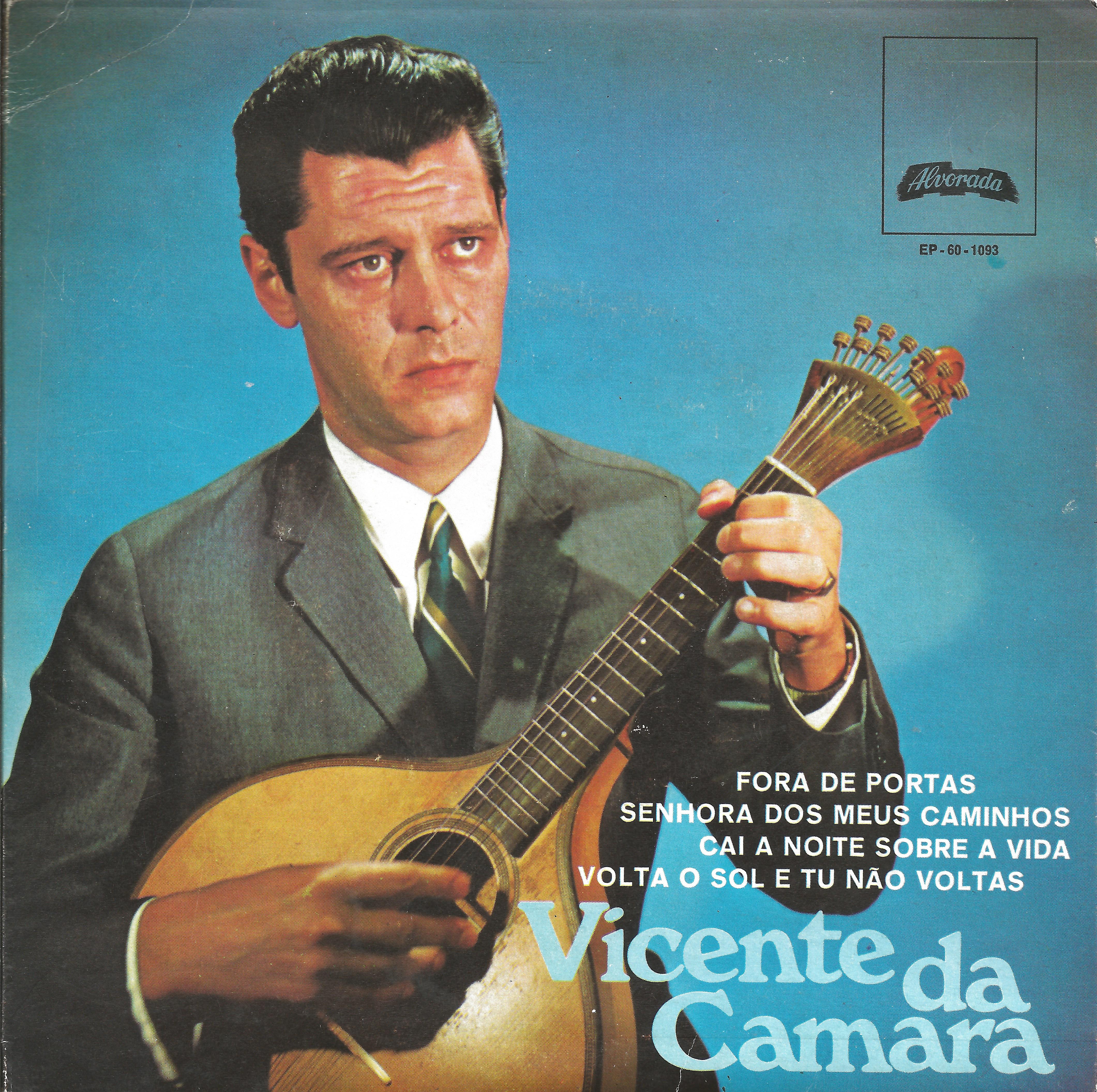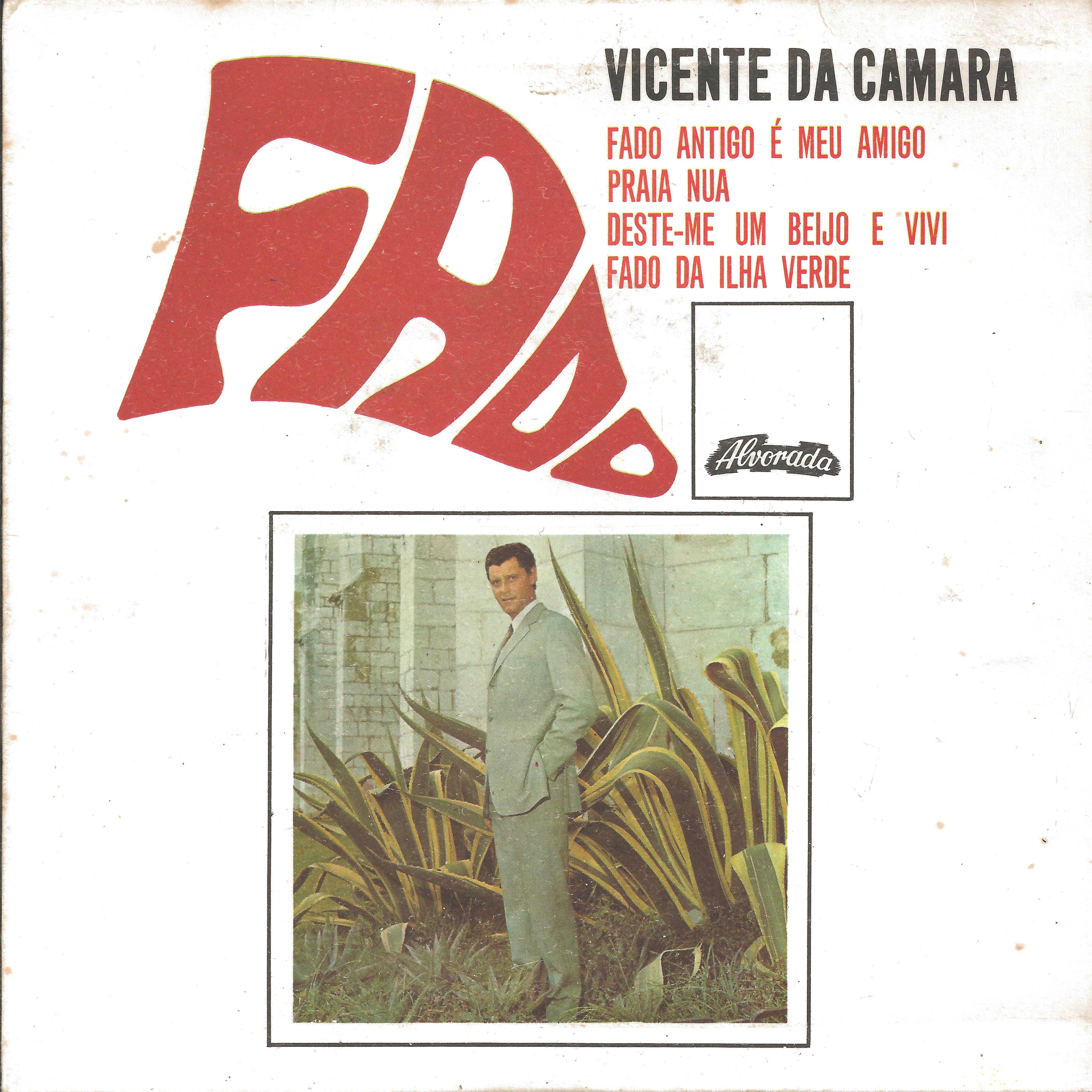Know more:
Vicente da Câmara
(N. 7 May, 1928 - M. 28 May, 2016)Descending from an ancient family whose origins can be traced back to João Gonçalves Zarco, Dom Vicente Maria do Carmo de Noronha da Câmara was born in Lisbon, at Alto de Santa Catarina, on the 7 May 1928.
Son of Maria Edite and Dom João Luís da Câmara, a radio presenter at Emissora Nacional, he soon showed interest in fado, listening to the records of Dom João do Carmo de Noronha, his great uncle, and watching his aunt (D. Maria Teresa de Noronha) rehearsal. "I was a kid and watched her rehearsals and so fadistice grew on me. My father sang opera, he had a beautiful voice, but I chose this path, maybe because it was easier, and from here comes my connection to fado”.
During his adolescence, he joins his friends in small taverns, meanwhile transformed into fado houses, "Adega Mesquita", "Adega Machado", "Adega da Lucília do Carmo", where, by their own initiative, they sang and played fado; “We searched for a tavern where we could be with two or three people who sang, composed lyrics or knew about fado (...) it was a closed group, but then it started evolving…” To D. Vicente, these meetings had a convivial and intimate character which gave them amateurship, without career, shows, or recording prospects.
At 20 years old (1948) he is invited by Henrique Trigueiro to compete in a contest organized by Emissora Nacional, where he won the first prize. He performs at many shows that season, such as Serões para Trabalhadores, studio shows, and mainly the show by his aunt, D. Maria Teresa de Noronha, at that broadcaster, which ended in 1962.
Around the same time, in 1950, shortly before leaving to Luanda (Angola), he signs his first record contract and records his first record with Valentim de Carvalho, where he launches the themes: "Fado das Caldas" and "Varina".
After two years in Angola, he returns and continues performing and recording; he recorded some 10 to 12 78 r.p.m. records; then came some 45 r.p.m., followed by 33 r.p.m..
He gets married to D. Maria Augusta de Mello Novais e Atayde da Câmara on the 23 April 1955. His youngest son – José da Câmara – follows his father’s footsteps, becoming a fado professional. During this time he writes "A moda das tranças pretas", a renowned success today, despite first impressions, including his won father’s, not being very favourable.
In the movies, he participated in "Última Pega" (1964) by Constantino Esteves, singing impromptu with Fernando Farinha.
In 1967 he celebrates a contract with Rádio Triunfo, where he records themes as "Guitarra Soluçante" and "Há saudades toda a vida".
After the 25 April revolution, fado goes through a tough period; "limited by radios and televisions, fado shows stopped, coils with fado recordings were re-used because there was not money to buy another ones”, reflecting in the absence of performances.
D. Vicente da Câmara works as a Cidla inspector for 19 years, which delays his artistic affirmation, namely at an international level, but he reaches his peak during the 1980s, becoming a professional and watching his artistic activity increase, especially in the East.
In 1989, to celebrate the 40th anniversary of his Artistic Career, his friends threw him a Tribute Party at Cinema Tivoli, where he performed and which, in his own words, he “will never forget”.
On the 25 September, time of the opening of Casa de Fado and Guitarra Portuguesa, (where he worked as a consultant), he opened the show held at Largo Chafariz de Dentro, recorded by RTPi.
By the year 2000 he had the beautiful number of 6 children and 13 grandchildren.
Between familiar concerts, with his son, José da Câmara, and others more intimate, D. Vicente da Câmara owns an antique shop in Lisbon.
Poet and fado interpreter, accompanying himself on the Portuguese guitar, D. Vicente continues the tradition of the aristocratic fado singer, giving a very particular character to his interpretations, which stand out thanks to an unique feature, the timbre and musicality of his voice.
In 2007 he returns to movies, in the film by Carlos Saura, "Fados", and comes back to the "Fado House" environment, together with Maria da Nazaré, Ana Sofia Varela, Carminho, Ricardo Ribeiro and Pedro Moutinho.
In 2009, Vicente da Câmara celebrates his 60 years of artistic career. The Tivoli Theater is once again the stage for the celebration of the anniversary with a show where José da Câmara, Maria João Quadros, Teresa Siqueira and António Pinto Basto performed, among other artists. Still this year, the Amália Rodrigues Foundation distinguished him with the “Career Award”.
Vicente da Câmara passed away on May 28, 2016.
Source:
Baptista-Bastos (1999), "Fado Falado", Col. "Um Século de Fado", Lisboa, Ediclube.
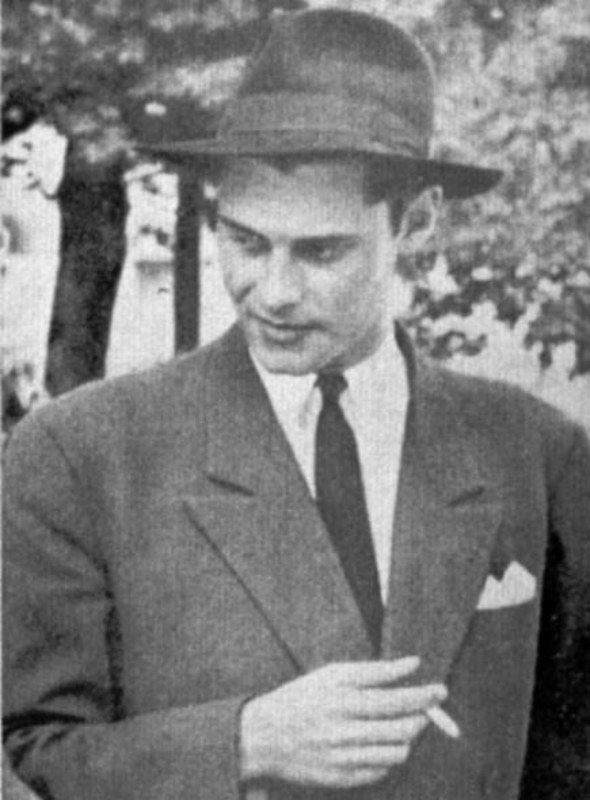
Vicente da Câmara
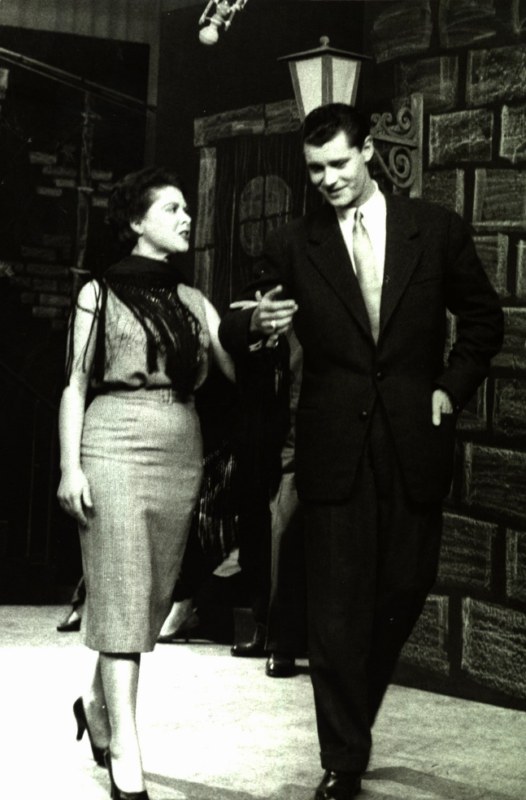
Vicente da Câmara
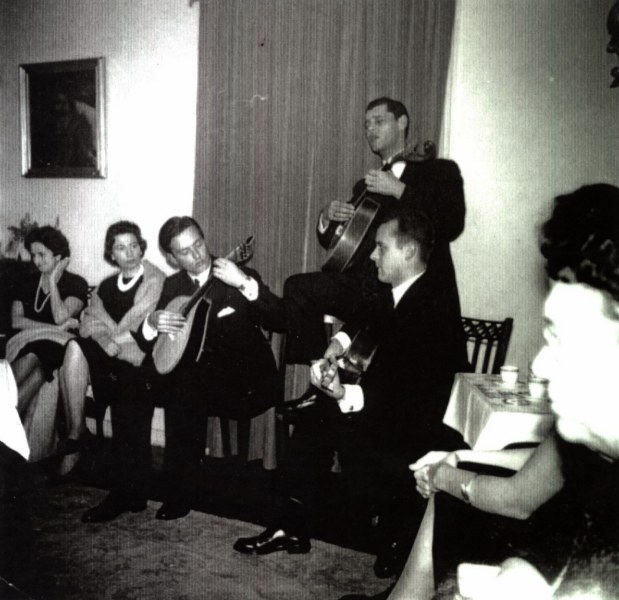
Vicente da Câmara

Vicente da Câmara
-
A Moda Das Tranças Pretas Vicente da Câmara (Lino Teixeira / Vicente da Câmara)
